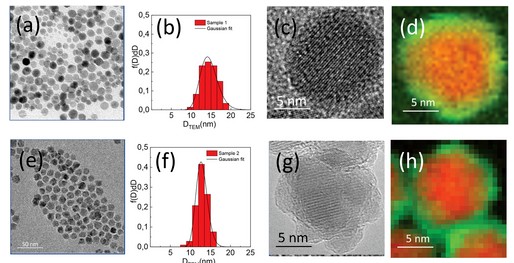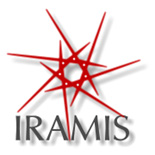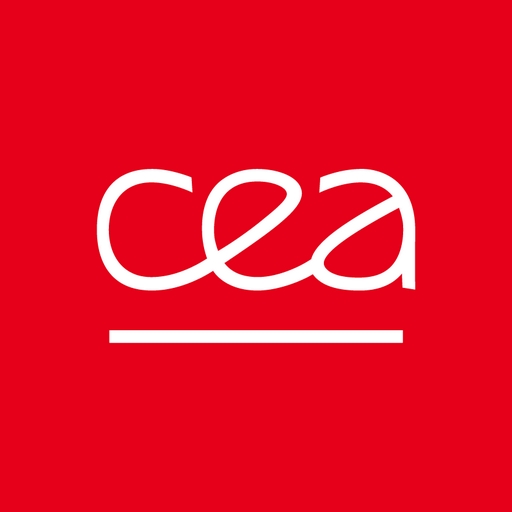



Low-resolution TEM images, particle size distribution, high-resolution TEM image and Fe (red) and (green) Mn L-edge EELS mapping for a–d) sample 1 and e–h) sample 2.
I. V. Golosovsky, I. A. Kibalin, A. Gukasov, A. G. Roca, A. López-Ortega, M. Estrader, M. Vasilakaki, K. N. Trohidou, T. C. Hansen, I. Puente-Orench, E. Lelièvre-Berna, J. Nogués
Heterogeneous bi-magnetic nanostructured systems have had a sustained interest during the last decades owing to their unique magnetic properties and the wide range of derived potential applications. However, elucidating the details of their magnetic properties can be rather complex. Here, a comprehensive study of Fe3O4/Mn3O4 core/shell nanoparticles using polarized neutron powder diffraction, which allows disentangling the magnetic contributions of each of the components, is presented. The results show that while at low fields the Fe3O4 and Mn3O4 magnetic moments averaged over the unit cell are antiferromagnetically coupled, at high fields, they orient parallel to each other. This magnetic reorientation of the Mn3O4 shell moments is associated with a gradual evolution with the applied field of the local magnetic susceptibility from anisotropic to isotropic. Additionally, the magnetic coherence length of the Fe3O4 cores shows some unusual field dependence due to the competition between the antiferromagnetic interface interaction and the Zeeman energies. The results demonstrate the great potential of the quantitative analysis of polarized neutron powder diffraction for the study of complex multiphase magnetic materials.
https://doi.org/10.1002/smtd.202201725
•  Interaction laser-matière › Interaction lumière-matière
Interaction laser-matière › Interaction lumière-matière  Physique, chimie, nanosciences et matériaux autour des grands instruments › L'IRAMIS et les Grands Instruments
Physique, chimie, nanosciences et matériaux autour des grands instruments › L'IRAMIS et les Grands Instruments  Physics, chemistry, nanoscience and materials around large instruments
Physics, chemistry, nanoscience and materials around large instruments
• Laboratoire Léon Brillouin (LLB) • Leon Brillouin Laboratory (LLB)
• Nouvelles frontières dans les matériaux quantiques - NFMQ • Single crystal diffraction
• Neutrons • Activités instrumentales nationales et internationales du LLB - National and internatonial instrumental activities at the LLB • Neutrons • Neutron scattering for materials sciences • Single crystal diffraction



